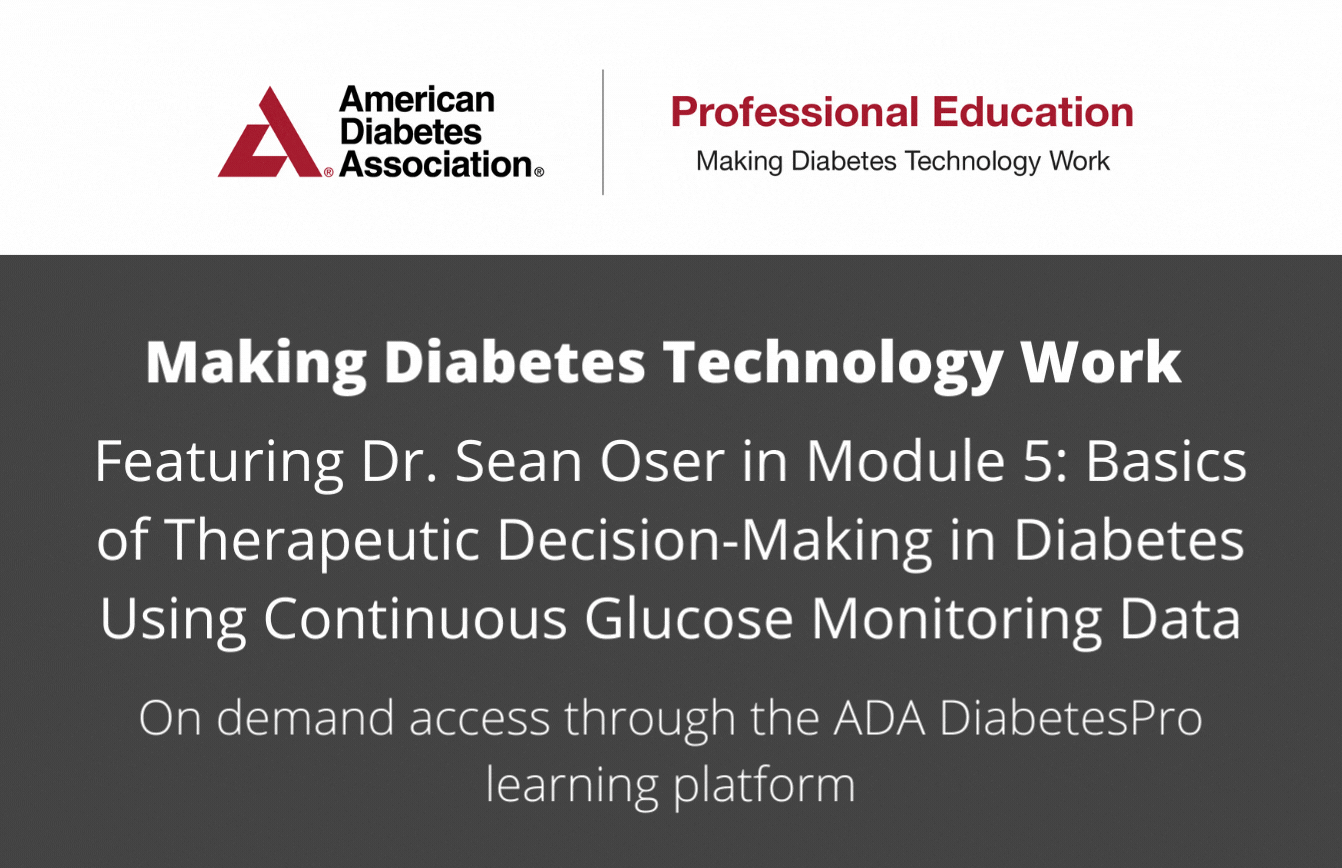
Primary Care Diabetes Lab
A multi-disciplinary lab dedicated to ensuring that all people can get the best diabetes preventive practices and treatments, wherever they get their care. We partner with those living with prediabetes, type 1 diabetes, and type 2 diabetes to drive innovations that enhance care.
Primary Care Diabetes Lab Research Registry
Active Studies
Feasibility of Use of Fitbit, Brief DSMES, and Targeted Text Messaging in Sedentary Adults with Type 2 Diabetes in Primary Care Settings
Primary care patients with type 2 diabetes may be eligible to participate in a study featuring a wearable fitness and activity tracker plus artificial intelligence (AI)-tailored and delivered diabetes self-management education and support.
Email [email protected] for more information.
Automated Insulin Delivery System for Type 2 Diabetes
We currently have two studies featuring different automated insulin delivery systems! Persons with type 2 diabetes may qualify.
Email [email protected] for more information.
Treating Early Type 2 Diabetes by Reducing Postprandial Glucose Excursions: A Paradigm Shift in Lifestyle Modification
People newly diagnosed with type 2 diabetes may be eligible to participate in a study featuring a lifestyle guide combined with a CGM (continuous glucose monitor) and FitBit. The study will determine if people respond better to usual care or to a lifestyle intervention that focuses on reducing how much blood glucose goes up after eating, by minimizing certain foods and increasing routine physical activity.
Now recruiting!
Email [email protected] for more information.
PRimary CarE PrAgmatic, Real World Experience for Automated Insulin Delivery (PREPARE 4 AID)
This study will feature an automated insulin delivery pump for persons with insulin-requiring diabetes.
Recruiting soon - Stay tuned!
Email [email protected] for more information.
Improving Type 2 Diabetes Management in Primary Care Through Periodic Continuous Glucose Monitoring
This study will feature an over the counter CGM.
Recruiting soon - Stay tuned!
Email [email protected] for more information.
Recruiting Soon
Diabetes Distress Assessment and Intervention in Primary Care
Stay tuned!
Email [email protected] for more information.
No Longer Recruiting
CONtiNuous glucosE monitoring (CGM) in people wiTh type 2 diabetes not on insulin: The CONNECT Study
A research study to compare the effectiveness of a Dexcom G7 CGM with Routine Care (RC) in managing glucose levels in people with type 2 diabetes currently not using insulin.
Evaluation of Basal Insulin Initialization and Titration in People with Type 2 Diabetes wearing a Dexcom Sensor.
A research study to determine the feasibility of a system for recommending doses of basal insulin for patients with type 2 diabetes.
Past Studies
- Adapting and assessing the feasibility of a diabetes self-management education and support telehealth intervention for rural populations to reduce disparities in diabetes care
- Analyzing Caregiver Blog Use in Type 1 Diabetes: An Exploratory Qualitative Study
- Analyzing Patient Blog Use and Provider Perceptions to Identify Barriers and Facilitators to Type 1 Diabetes Self-Management: An Exploratory Mixed-Methods Study
- Assessing Barriers, Facilitators, and Awareness of Continuous Glucose Monitors in Primary Care
- Assessing feasibility, safety, and efficacy of deploying a closed-loop automated insulin delivery system by community-based primary care physicians and academic endocrinologists, in person and through telehealth.
- Comparing Safety and Efficacy of a Closed-Loop Bionic Pancreas System when Deployed by Community-Based Primary Care Physicians Versus Academic Endocrinologists
- Exploring Barriers and Facilitators to Exercise in Adults with Type 1 Diabetes
- Libre 2 CGM plus glycemic excursion mIniMization (GEM) in the treatment of PrEDiabEtes: The IMPEDE Study
- Primary Care Education and Practice Adoption Resource Evaluation for CGM (PREPARE 4 CGM)
- Raising a Child with Type 1 Diabetes and Autism: a Qualitative Thematic Analysis
- Safety and Efficacy of the Omnipod® 5 Automated Insulin Delivery System in Adults with Type 2 Diabetes
- The Underground Trading of Insulin: Is it Saving or Harming?
- Understanding patient and health care provider perceptions of barriers and facilitators to achieving diabetes care in immigrant and refugee populations
- Use of Automated Insulin Delivery System in Primary Care
- The use of Libre to educate, motivate, and activate adults with newly diagnosed type 2 diabetes to improve metabolic control and reduce their reliance on medication.
- Using a Mixed-Methods Needs Assessment to Develop a Nutrition Intervention Delivered Through Local Grocery Stores for Families With a Child Newly Diagnosed with Type 1 Diabetes



